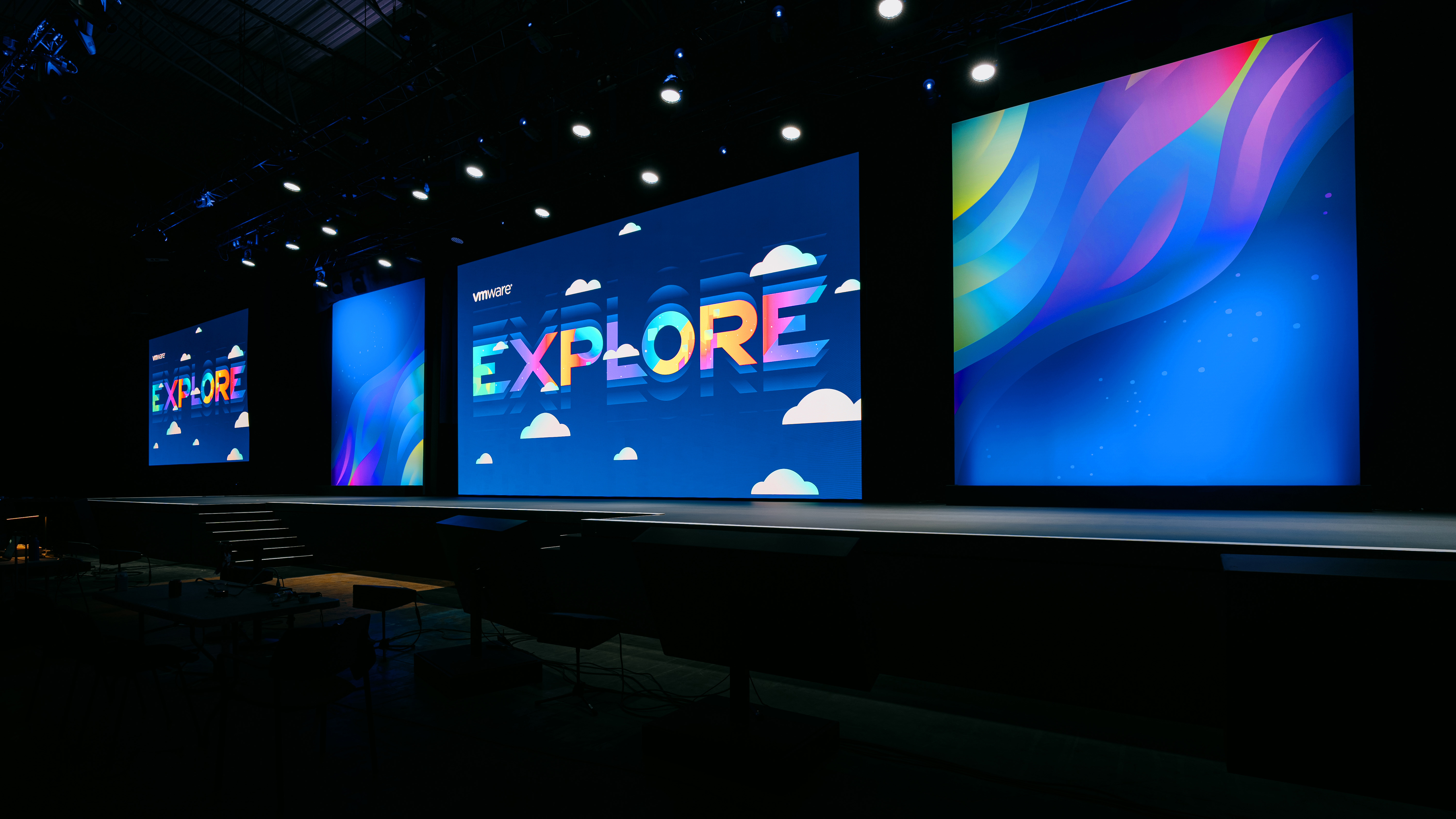Everything you need to know about VMware
A brief guide to VMware's history, main products, and the key people shaping its strategic direction

Rene Millman
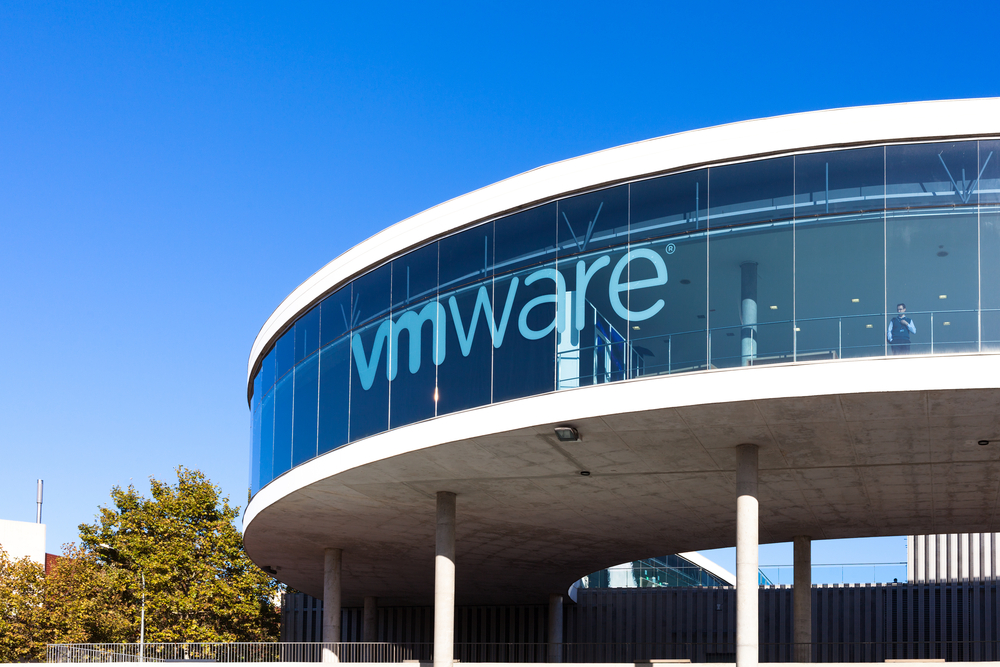
Headquartered in Palo Alto, California, VMware has been a pioneer in virtualization and cloud infrastructure, providing businesses with essential tools to optimize their IT resources. Virtualization technology allows multiple operating systems to operate simultaneously on a single physical server, enabling more efficient use of hardware and supporting flexible, scalable environments.
VMware’s initial breakthrough with the VMware Virtual Platform (VMP) laid a strong foundation for its success, evolving over the years into a comprehensive suite of solutions for data centers, cloud management, and multi-cloud infrastructure.
Now, under Broadcom's ownership, VMware continues to innovate in virtualization, security, and hybrid cloud solutions, empowering organizations to navigate the complexities of modern IT and multi-cloud ecosystems.
| Founded | 1998 | Row 0 - Cell 2 |
| Current CEO | Hock Tan | Row 1 - Cell 2 |
| HQ | Palo Alto, California, USA | Row 2 - Cell 2 |
| Annual Revenue | $13.35 billion (2023) | Row 3 - Cell 2 |
History of VMware
Founded in 1998 by Diane Greene, Mendel Rosenblum, Scott Devine, Edward Wang, and Edouard Bugnion, VMware's desktop virtualization tool allows x86 architectures to run on any PC that uses this chipset. The company also has a version of its application (the hypervisor) that runs on servers.
In 1999, the company launched its first official product, VMware Workstation, which quickly gained popularity as a powerful tool for software development, testing, and virtualization. It allowed users to run multiple operating systems on a single computer, independent of the underlying hardware.
The company could also see how its virtualization technology could enable businesses in the server market to enhance their services. In 2001, VMware released its GSX and ESX Server applications. ESX Server marked a significant step forward, eliminating the need for a host operating system running directly on the server hardware.
More on VMware
In 2004, the company was acquired by EMC (known as Dell EMC today), with Greene remaining as CEO. However, her tenure ended in 2008 when, after poor financial performance, she was replaced by Paul Maritz – a 14-year veteran of Microsoft. Later that year, Greene and co-founders of the company Mendel Rosenblum resigned. The same year, the company launched Nexus 1000V via a collaboration with Cisco.
Sign up today and you will receive a free copy of our Future Focus 2025 report - the leading guidance on AI, cybersecurity and other IT challenges as per 700+ senior executives
Releasing its open-source PaaS Cloud Foundry in 2011, a year later, their CEO would change again, with Pat Gelsinger being appointed as the new CEO.
VMware created Pivotal Software in association with General Electric in 2013, with many of the company's developer products (RabbitMQ and SQLFire, for example) being moved to this new business. The same year saw the appearance of vCloud – VMware's own IaaS product. In 2021, Raghu Raghuram took over as CEO.
In 2022, Broadcom Software Group announced its intention to acquire VMware for a reported $61 billion. Following the UK's Competition and Markets Authority's investigation, Broadcom completed its $69 billion acquisition of VMware on November 22, 2023. This acquisition led to significant organizational changes, including the relocation of Broadcom's headquarters to VMware's campus in Palo Alto, California. Subsequently, in February 2024, Broadcom sold VMware's End-User Computing division, which included products like Horizon and Workspace ONE, to private equity firm KKR for approximately $4 billion. These developments have reshaped VMware's strategic direction and product offerings under Broadcom's ownership.
Hock Tan, president and CEO of Broadcom, said at the time: "Building upon our proven track record of successful M&A, this transaction combines our leading semiconductor and infrastructure software businesses with an iconic pioneer and innovator in enterprise software as we reimagine what we can deliver to customers as a leading infrastructure technology company. We look forward to VMware's talented team joining Broadcom, further cultivating a shared culture of innovation and driving even greater value for our combined stakeholders, including both shareholders."
What does VMware sell?
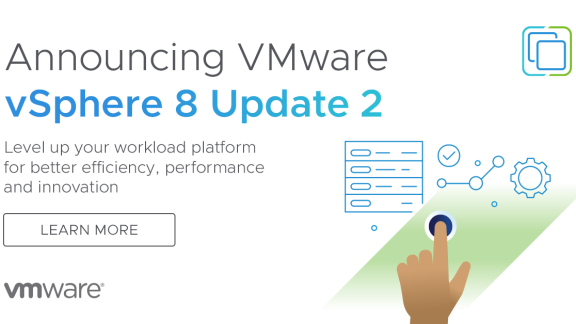
VMware's primary offering is vSphere, a virtualization platform that allows data centers to run multiple virtual machines on a single physical server, optimizing resource utilization and enhancing efficiency. This technology enables businesses to consolidate servers and streamline IT infrastructure management. vSphere+ extends these capabilities by integrating cloud management and Kubernetes, providing a unified platform for both traditional and cloud-native applications.
Over time, VMware has diversified its portfolio with tools and solutions that complement this core offering:
- vCenter Server: Allows administrators to manage and monitor virtual environments, streamlining infrastructure management across data centers.
- VMware NSX: A software-defined networking (SDN) solution that facilitates secure and agile network management within virtualized environments.
- VMware Cloud Foundation: Integrates vSphere, NSX, and vSAN to deliver a comprehensive platform for data centers, combining compute, storage, and networking into a unified infrastructure.
Another essential offering is VMware Horizon, a desktop and application virtualization platform. Horizon enables organizations to support remote workforces by providing a virtual desktop infrastructure (VDI) that ensures secure access to corporate resources from any location — a capability that became particularly valuable during the COVID-19 pandemic.
To strengthen its security capabilities, VMware acquired Carbon Black in 2019. This acquisition provided VMware a means to offer advanced endpoint security as part of its virtualization and cloud solutions. Carbon Black’s technology helps defend against a wide range of cyber threats, providing integrated and robust security across VMware’s IT environment solutions.
In November 2024, VMware announced that its Fusion and Workstation software, which facilitate the creation and management of virtual machines, are now available free of charge for both personal and commercial use. This strategic move aligns with VMware's transition towards subscription-based services, such as Cloud Foundation and vSphere Foundation, and reflects the company's ongoing efforts to simplify its product portfolio and enhance accessibility for a broader range of users.
VMware's mergers and acquisitions
Since its founding, VMware has pursued numerous acquisitions to expand its technological capabilities and broaden its market reach. In 2008, the company acquired several firms, including Foedus, Trango Virtual Processors, and the Israel-based startup B-hive Networks, all of which helped to strengthen VMware’s virtualization and cloud management technologies.
From 2010 onwards, VMware’s acquisition strategy focused on advancing innovation in cloud computing and virtualization. Notable acquisitions included SlideRocket in 2011, which VMware later sold in 2013. Other significant acquisitions included PacketMotion, DynamicOps (which was rebranded as vRealize Automation), and Orchestrator, now known as VMware Aria Automation.
Between 2014 and 2019, VMware concentrated on acquiring companies to enhance its cloud and security offerings. In 2014, VMware acquired CloudVolumes, a company specializing in real-time application delivery technology. In 2018, VMware purchased CloudCoreo, a provider of security and compliance solutions for cloud infrastructures. In 2019, VMware made several strategic acquisitions, including Avi Networks, which improved its multi-cloud application delivery capabilities, and Pivotal, a $2.7 billion acquisition that provided developer tools and services. That same year, VMware also acquired Carbon Black, a leader in endpoint security, though VMware and Carbon Black were restructured after Broadcom’s acquisition of VMware in 2023.
VMware continued its acquisition strategy into 2020, with the purchase of Lastline, a cyber security firm focused on network detection and response, and Octarine, which specialized in providing a security platform for Kubernetes applications.
In 2024, VMware experienced significant changes under Broadcom's ownership. In February, Broadcom sold VMware's End-User Computing (EUC) division, which included products like Horizon and Workspace ONE, to private equity firm KKR for approximately $4 billion. This divestiture marked a strategic shift in VMware's focus. Additionally, in May 2024, VMware announced that its Workstation Pro and Fusion Pro software would be available free for personal use, aiming to broaden accessibility and encourage adoption among individual users.
Key figures at VMware
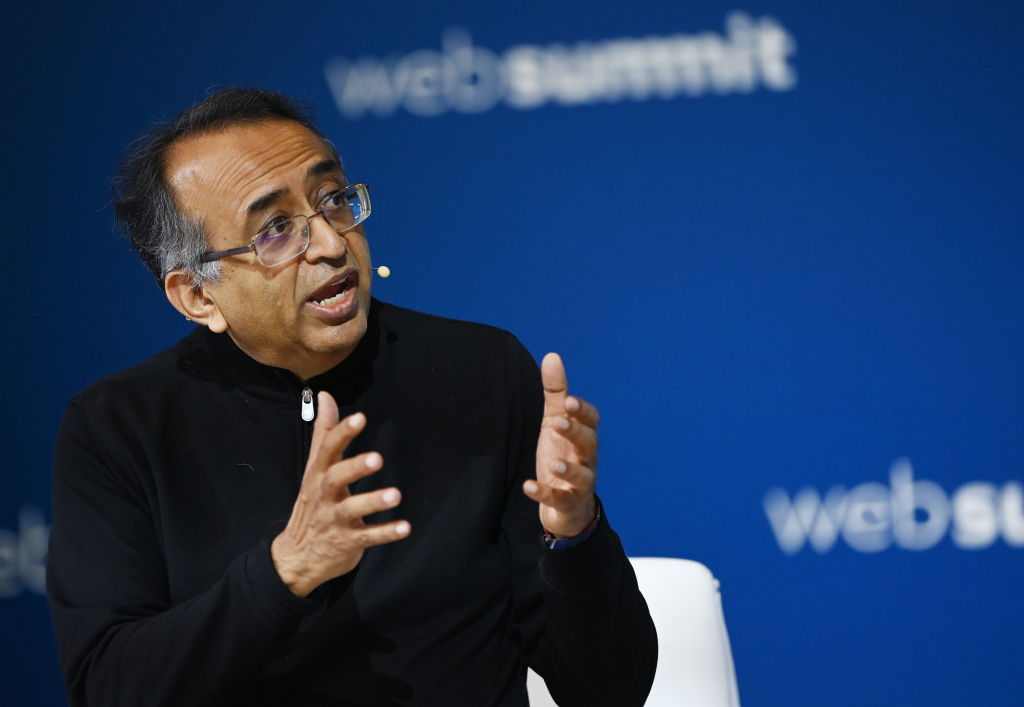
Former VMware CEO Raghu Raghuram now supports Broadcom CEO Hock Tan as a technical advisor
Following VMware's acquisition by Broadcom in November 2023, the company underwent significant leadership changes. Raghu Raghuram, who served as CEO since 2021, and Sumit Dhawan, previously President overseeing operations, both departed following the acquisition. As of November 2024, key figures at VMware include:
- Hock Tan, CEO of both Broadcom and VMware, now directs the integration and strategic alignment of VMware within Broadcom’s broader operations.
- Tom Krause, president of VMware and former president of Broadcom's Software Group, focuses on operational management and business growth.
- Kit Colbert remains CTO, leading VMware’s technology strategy and innovation.
- Susan Nash continues as SVP, managing partnerships and industry-specific solutions.
What can customers expect from doing business with VMware?
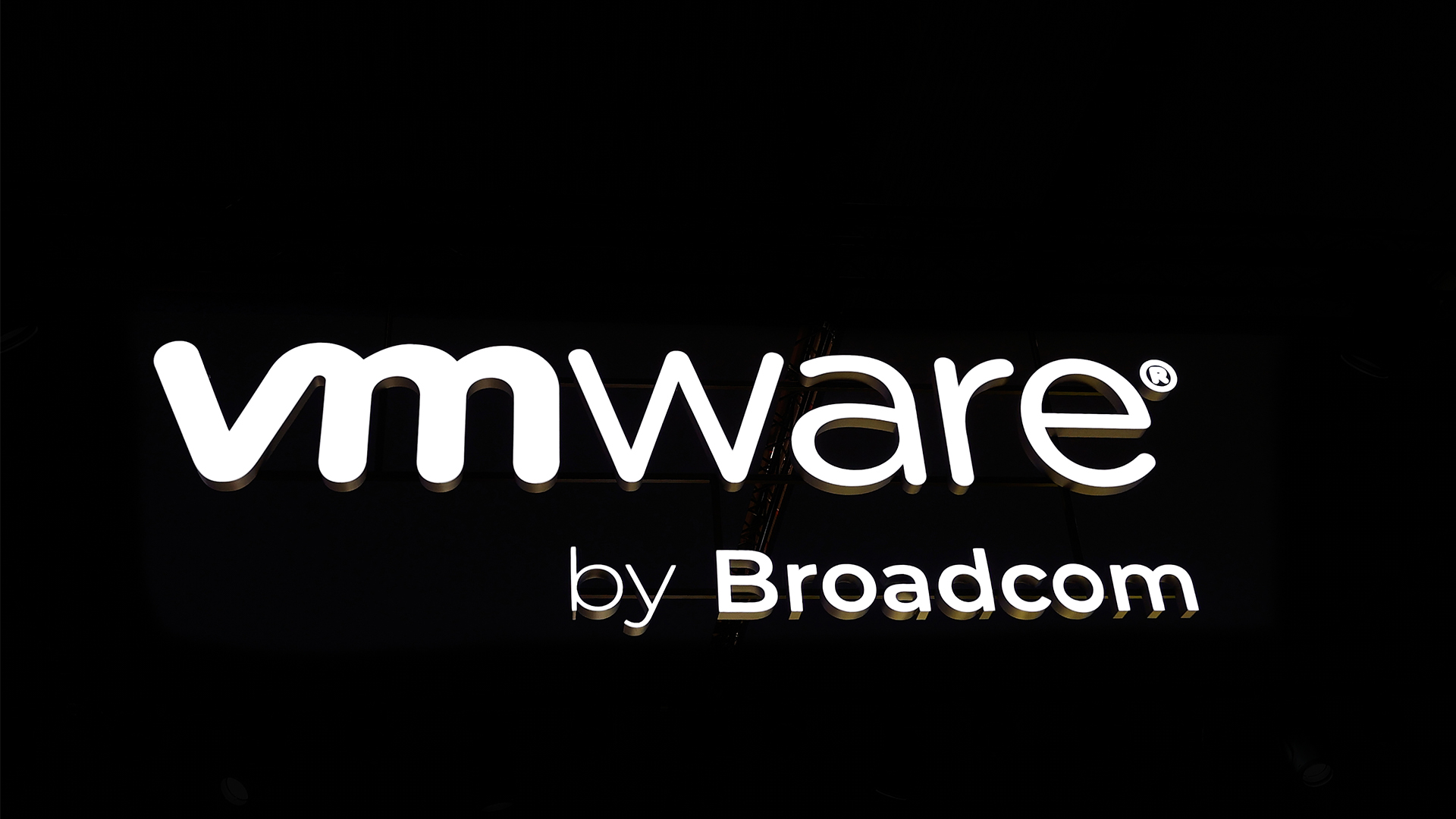
VMware, established in 1998, has been a leader in virtualization and cloud infrastructure solutions for over 25 years. Its core offerings include:
- vSphere: A server virtualization platform that enables efficient resource utilization in data centers.
- Cloud Foundation: An integrated software-defined solution combining compute, storage, and networking components to provide a unified cloud operating model across public and private environments.
- Automation Tools: Solutions designed to streamline IT operations and management.
Following the Broadcom acquisition in November 2023, VMware transitioned to a subscription-based licensing model for its products. This shift aligns with industry trends, aiming to simplify the purchasing process and offer more predictable costs for customers. Key products like vSphere and Cloud Foundation now utilize a core-based licensing metric, designed to make it easier to manage hybrid cloud environments.
VMware's Cloud Foundation platform remains a significant focus of investment and development. It delivers a comprehensive software-defined solution that integrates compute, storage, and networking components, enabling a unified cloud operating model across both public and private cloud environments. The platform also incorporates security features such as ransomware recovery and disaster resilience capabilities to enhance IT resilience.
The company emphasizes co-innovation with customers and partners. Through initiatives like the Accelerated Co-Innovation Engineering Program and collaborations with technology firms, VMware is working closely with clients to develop customized solutions addressing specific business needs.
Additionally, VMware focuses on supporting multi-cloud strategies and ensuring interoperability across different cloud environments. The company has established partnerships and an ecosystem of service providers to help organizations navigate the complexities of digital transformation and leverage appropriate technologies to meet their strategic goals.
David Howell is a freelance writer, journalist, broadcaster and content creator helping enterprises communicate.
Focussing on business and technology, he has a particular interest in how enterprises are using technology to connect with their customers using AI, VR and mobile innovation.
His work over the past 30 years has appeared in the national press and a diverse range of business and technology publications. You can follow David on LinkedIn.
